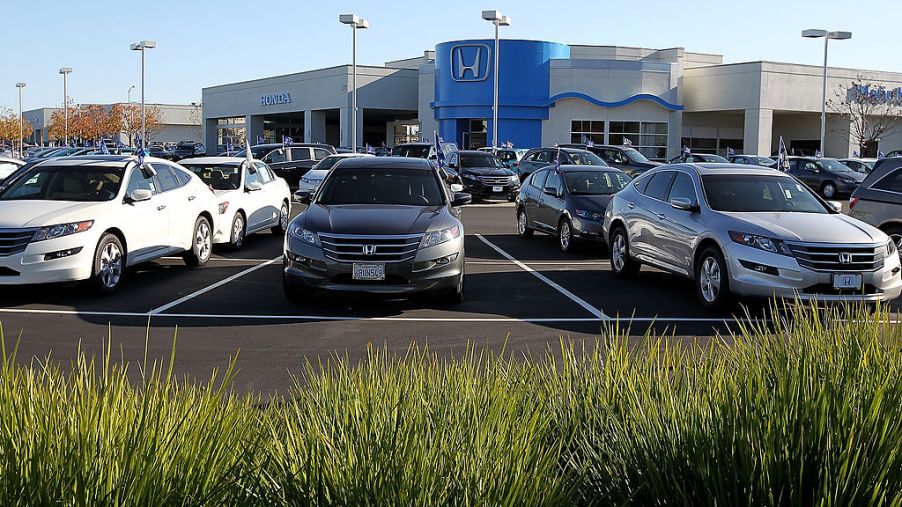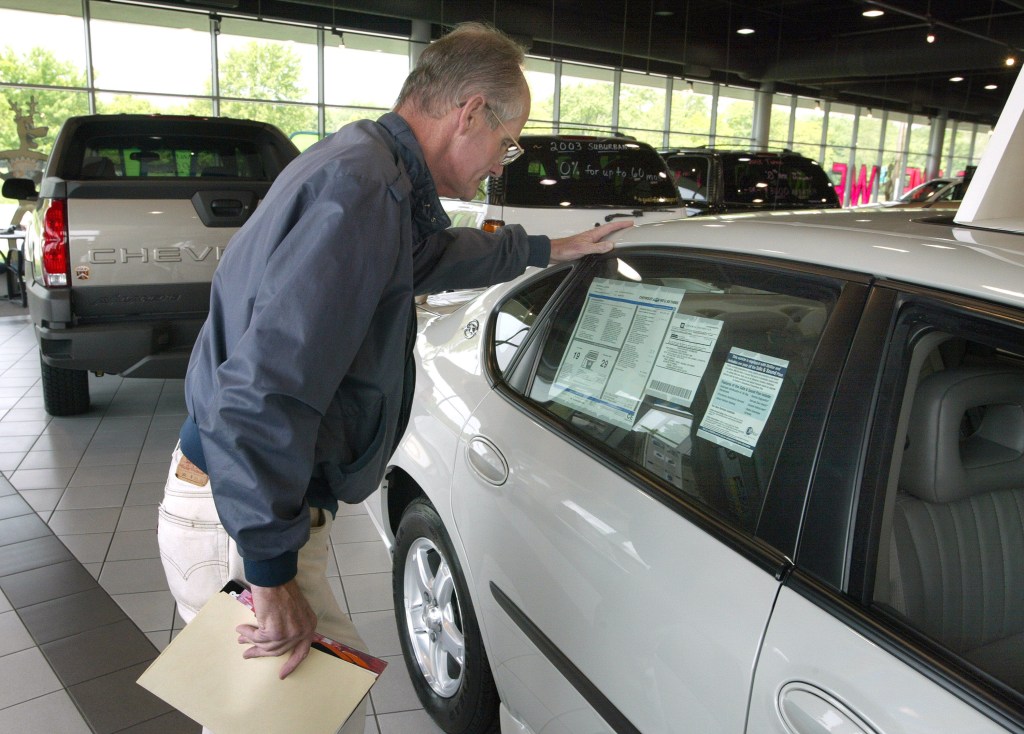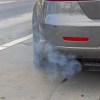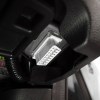
Why Do Dealers Love When You Have Bad Credit?
Your credit score and history is important when you’re shopping for a new or used car and are planning to lease or finance. And as we all know, the better your credit score, the more dealerships love you because you’ll have a better chance of getting a good rate and getting the deal done. But in reality, they love you if you have bad credit too. But why?
Dealers will tell you that they want to help you
When we mention the word “dealers,” we’re not just referring to the bigger franchise dealers, like Ford and Honda, that you often drive by. We’re also referring to the smaller private dealers, some of which are “buy here, pay here” type dealers that really like when you have bad credit. In fact, these are the type of dealers that will tell you that they’re trying “to help you” when you tell that you have challenged credit.
Why are they so eager to help? According to Real Car Tips, these types of dealerships are counting on the fact that most consumers with challenged credit don’t take the time to research their options thoroughly when car shopping, which means that they “jack up the interest rate or stretch the loan out as much as possible.” Additionally, a “buy here, pay here” type of dealership offers in-house financing where you make payments to the dealership instead of getting a loan from an actual bank. This situation is not ideal because they will likely charge you a lot in interest without you even knowing it.
Larger dealerships are guilty, too
That doesn’t mean that the larger franchise dealers aren’t guilty of increasing interest rates or stretching payments, either. In fact, it works the same way at every dealership. When you apply for financing or a lease, the dealership will likely work with the bank in order to get you the best rate possible for your credit tier, but then add a percentage point or two to the actual rate in the end. They do this because they will make just a little more profit on the deal.
This is much easier if you have bad credit, because it’s easier to mark up a finance rate of 14% by two points because you most likely won’t even notice or care since it’s so high, to begin with. On the other hand, customers with good credit will be more likely to tell a difference if the interest rate is 4.9% when it really should be 2.9%, for example.

Don’t get sucked in
If you’re planning to purchase a car soon and are worried that your challenged credit might land you a high-interest rate, we suggest shopping around your credit options first. It’s always tempting to have a dealership help you out with the financing step because they act as a “one-stop-shop” when buying a car, however, you can likely get a better rate (even if it is high) by going to your own bank or credit union.
The same advice goes for it you have a car to trade-in. Remember to check Carvana or Vroom to find the best trade-in value possible and trade car with one of those places because they will most likely give you more for your trade. If anything, think of the dealership as the store to buy the car in, instead of a place to get financing and trade your car in.



